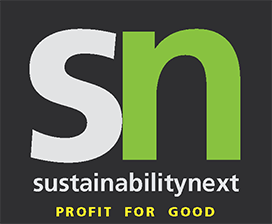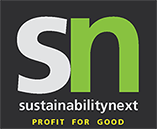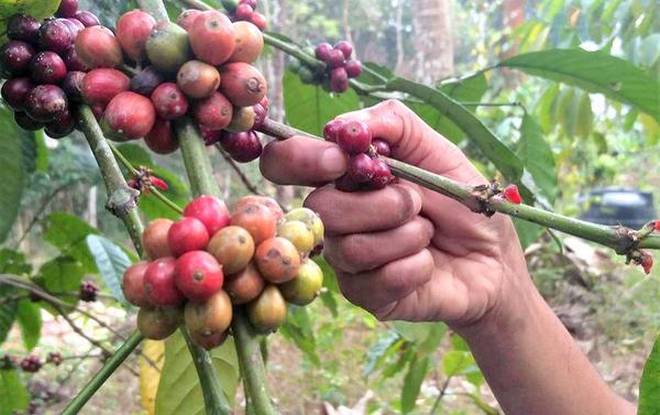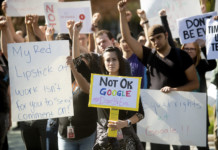Even as coffee prices in coffee shops and retail outlets have been going up world over, producers continue to receive less than 10% of the final value. This irony is driving the producers into deeper poverty while the $250 billion industry players appear to be indifferent to the crisis.
Professor Jeffrey Sachs’ report, commissioned by the World Coffee Producers Forum, was released in New York early October 2019. It addresses the imbalances and sustainability challenges of the coffee value
Professor Sachs called on the coffee industry and producing countries to work in a coordinated manner to ensure sustainability, noting that “in the face of the ongoing low prices and deepening climate crisis, the coffee sector must undertake strong concerted efforts to support a sustainable and resilient future for producers and the sector overall.”
Roberto Vélez, CEO of the Colombian Coffee Growers Federation, said “Many farmers in most producing countries cannot even cover their production costs; that is just wrong. The coffee industry cannot turn a blind eye on the gravity of the situation. Economic sustainability needs to be addressed immediately under a principle of
Coffee producers feel that in the current almost monopsonic situation, the more profitable links of the value chain, especially the roasters and retailers, cannot avoid their responsibility and must secure the future of the whole chain.
Half a Penny a Cup for Global Coffee Fund
To achieve social, environmental, and economic sustainability along the coffee supply chain, the CCSI report calls for the development of National Coffee Sustainability Plans and contributions from major coffee industry actors of no more than half a US penny per cup towards a new Global Coffee Fund. These funds would help to fill critical financing gaps for sustainability investments in coffee-producing regions and would be used to leverage additional funding from governments and donors.
Professor Sachs added: “Without sustained collective action, including pre-competitive contributions from roasters and retailers, more coffee producers will be in extreme poverty, and origins will be increasingly concentrated in a few countries. Governments and multilateral agencies should also increase their support alongside the industry.”
René León, Executive Director of Promecafé stated that “it is necessary to have an open and candid discussion about the future of coffee and the negative impact of the current price crisis that, if not taken care of, will continue leading to more poverty, insecurity and illegal migrations all over the world. This report is a very important contribution to such
According to Ishak Lukenge, Chairman of the African Fine Coffees Association, “many producers have come to a point where they cannot even take adequate care of their families, let alone their farms or their communities. In the current almost
Columbia Center on Sustainable Investment is a joint center of Columbia Law School and the Earth Institute at Columbia
http://ccsi.columbia.edu/work/projects/coffee/







